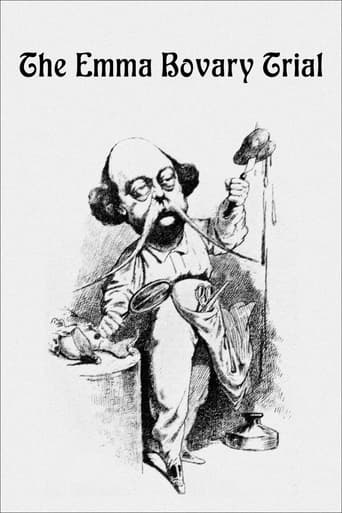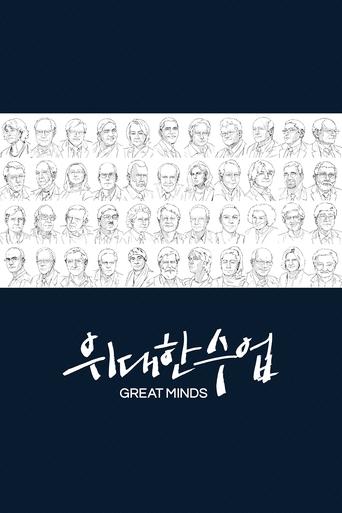
Julian Barnes
79 years old
overview
Julian Patrick Barnes (born 19 January 1946) is an English writer. He won the Man Booker Prize in 2011 with The Sense of an Ending, having been shortlisted three times previously with Flaubert's Parrot, England, England, and Arthur & George. Barnes has also written crime fiction under the pseudonym Dan Kavanagh (having married Pat Kavanagh). In addition to novels, Barnes has published collections of essays and short stories.
In 2004 he became a Commandeur of L'Ordre des Arts et des Lettres. His honours also include the Somerset Maugham Award and the Geoffrey Faber Memorial Prize. He was awarded the 2021 Jerusalem Prize.
Barnes was born in Leicester, although his family moved to the outer suburbs of London six weeks afterwards. Both of his parents were French teachers. He has said that his support for Leicester City Football Club was, aged four or five, "a sentimental way of hanging on" to his home city. At the age of 10, Barnes was told by his mother that he had "too much imagination". In 1956, the family moved to Northwood, Middlesex, the "Metroland" of his first novel. He was educated at the City of London School from 1957 to 1964. He then went on to Magdalen College, Oxford, where he studied Modern Languages. After graduation, he worked as a lexicographer for the Oxford English Dictionary supplement for three years. He then worked as a reviewer and literary editor for the New Statesman and the New Review. During his time at the New Statesman, Barnes suffered from debilitating shyness, saying: "When there were weekly meetings I would be paralysed into silence, and was thought of as the mute member of staff". From 1979 to 1986 he worked as a television critic, first for the New Statesman and then for The Observer.
His first novel, Metroland, is the story of Christopher, a young man from the London suburbs who travels to Paris as a student, finally returning to London. The novel deals with themes of idealism and sexual fidelity, and has the three-part structure that is a common recurrence in Barnes's work. After reading the novel, Barnes's mother complained about the book's "bombardment" of filth. His second novel Before She Met Me features a darker narrative, a story of revenge by a jealous historian who becomes obsessed by his second wife's past. Barnes's breakthrough novel Flaubert's Parrot departed from the traditional linear structure of his previous novels and featured a fragmentary biographical style story of an elderly doctor, Geoffrey Braithwaite, who focuses obsessively on the life of Gustave Flaubert. In reference to Flaubert, Barnes has said, "he’s the writer whose words I most carefully tend to weigh, who I think has spoken the most truth about writing." Flaubert's Parrot was published to great acclaim, especially in France, and it helped established Barnes as a serious literary figure when the novel was shortlisted for the Booker Prize.
Staring at the Sun followed in 1986, another ambitious novel about a woman growing to maturity in post-war England and dealing with issues of love, truth and mortality. In 1989, Barnes published A History of the World in 10½ Chapters, which is also a non-linear novel, and uses a variety of writing styles to call into question the perceived notions of human history and knowledge itself. ...
Source: Article "Julian Barnes" from Wikipedia in English, licensed under CC-BY-SA 3.0.
appearing in


